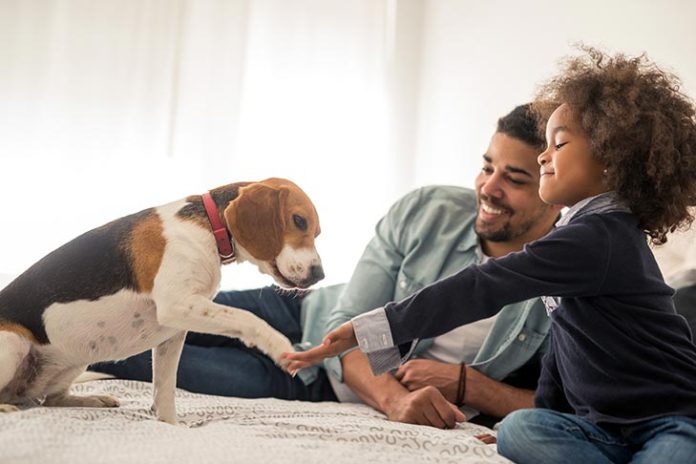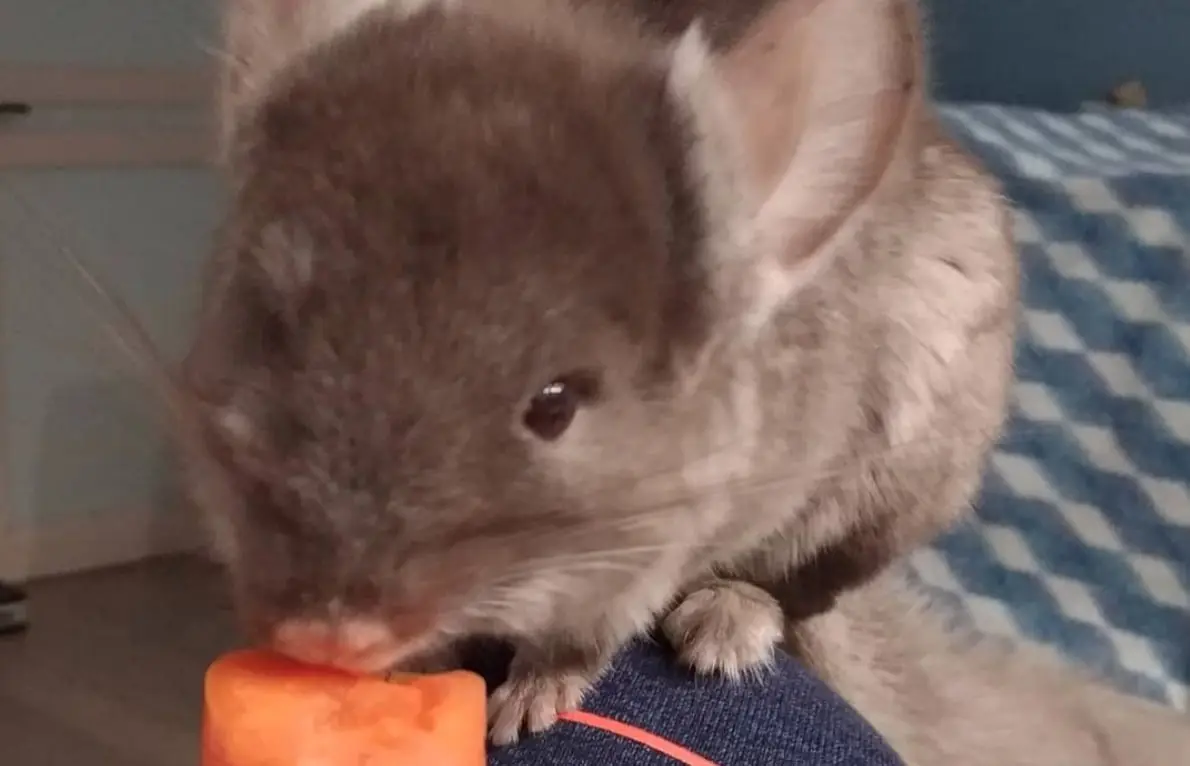Last Updated on January 8, 2024 by Fumipets
Welcoming a dog into your home and making them a part of your family is a big commitment. Decisions about your dog will revolve around everything from the minutiae of your day to playdates to family vacations. Like children, you have to consider your four-legged fur baby every day.
Dogs provide excellent companionship for children as they grow up, and vice-versa, but households with kids also tend to be busy. Make sure your busy family genuinely has the time to invest in caring for and developing a bond with a canine family member before taking the leap.
On top of being sure you have the time and space for a dog, there’s the breed to consider. Breeds can help guide future dog owners into hand-picking the perfect pup to complement their household. Additionally, knowing details about your dog’s breeding can help predict its personality and long-term health requirements.
Reviewing different options and how breed choice can impact your family will help determine if the dog you have been admiring is a match made in heaven. It is wise to do your research in advance, well before you make such an important decision for yourself, your family, and your future pet’s well-being.
For many families, adopting the first dog that their family hits it off with is all the consideration they need to bring their new pup home. If you are interested in doing more research to ensure that your future dog will be a fitting addition to your household, this guide will help distill down all the best-dogs-for-young-family options.
Golden Retriever
First up, the golden retriever. They’re loyal, loveable, and have tons of energy to keep up with your young ones. They also can be great downtime companions when it’s time for the kids to settle down for the night. The golden retriever is a quick learner and a playful dog. Typical for most large working breeds, goldens are best-suited for people who can provide a lot of outdoor exercise.
Labrador Retriever
The Labrador retriever will keep up with all the games your children want to play. They’re trainable, sweet, loyal and very energetic. They’re great for taking on walks and hikes and love long car rides. Like their golden cousins, it’s easier to keep a lab satisfied and happy if you’re able to enjoy outdoor exercise with them every day.
Boxer
A boxer’s sweet face usually matches their marvelously cute and affectionate personality. A boxer is loyal, excellent with children, curious, and has endless energy reserves, especially younger boxers. Boxers tend to think the world revolves around their families, so be sure you have a lot of time and energy to share with this delightful but demanding breed.
Boston Terrier
Boston terriers love people. They tend to feel at ease with strangers right away and are great pets for children. Boston terriers have a lot of affection to give. They are relatively easy to groom with their short hair. When provided with adequate exercise, Bostons are not generally hyper. Their smaller size makes them ideal play partners for children.
Beagle
Beagles are sweet and gentle. They have a fun-loving nature and are very playful with children. If you settle on welcoming a beagle into your home, make sure this sweet pup gets long walks every day and plenty of attention.
Beagles are the happiest when they have a house full of guests to entertain, play and pet them. Their sweet temperament mirrors their cute appearance and big, doleful eyes. Beagles have a very loud bark and enjoy using it, so if you have neighbors who might complain, a beagle might not be the best fit.
Although these breeds have reputations for being family-friendly, always supervise young children around dogs. Accidents and bites can happen quickly, and it’s wise to supervise your toddler and fur babies when they’re together to avoid injury.
Breed stereotypes are generalizations, not a contract. As such, it’s possible to end up with a quiet beagle, an aloof boxer, or a dangerously aggressive golden. Learning about a particular breed, especially what it was bred for, can help set expectations for behavior. This is critical for preventing a lifetime of challenges, stress, and misery, or the worst case, needing to rehome your dog.
Unfortunately, many dogs are surrendered by families with young children because they selected a dog based on appearance only. If your household is small and busy, then a demanding, high energy dog like a border collie or husky is likely not the best fit for your growing family.
No matter what your unique situation, choosing a dog comes down to personal preference, characteristics you’re looking for, and personality. You may have your heart set on one breed, but you can’t know for sure if the individual dog you are planning to bring home is a perfect match until you spend a little time together.
Although we have outlined details about pure breeds here, it’s important to note that many mixed breeds and mutts can be an ideal match for families with kids. The personality traits and temperament of each dog are what really matters.
A specific breed may give you a general idea of their behavior, but it doesn’t guarantee it. Every dog will behave differently. Although it’s a good idea to preemptively research what kind of health issues each breed is prone to, at the end of the day none of us can fully predict how our pets’ long-term health will ultimately unfold.
Schedule a veterinary appointment once you’ve settled on a new addition to your family. As a dog gets older, they require more care and visits to the vet. But it’s always good to schedule at least an annual visit and proactively plan a good nutritious diet that your breed requires.
With Vetster, you can book an online virtual care appointment at your convenience.


















